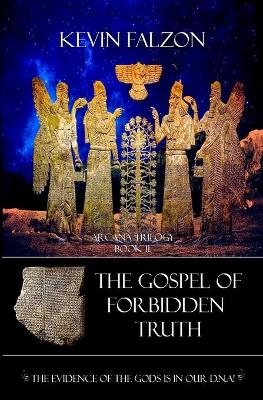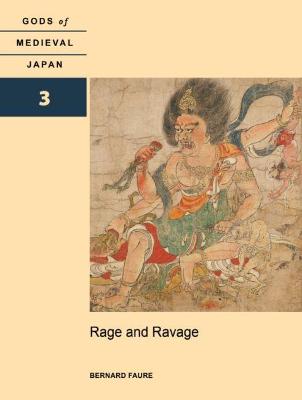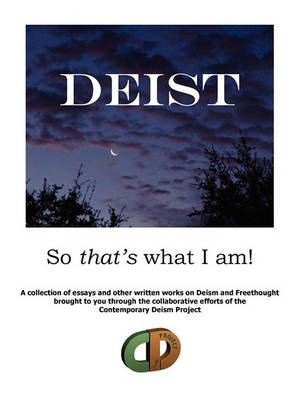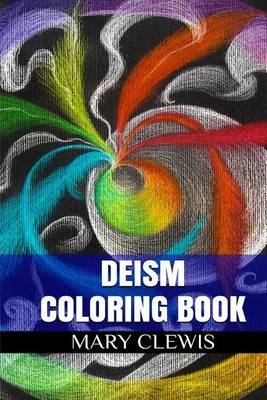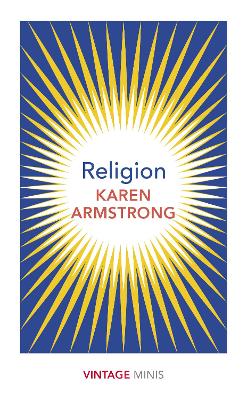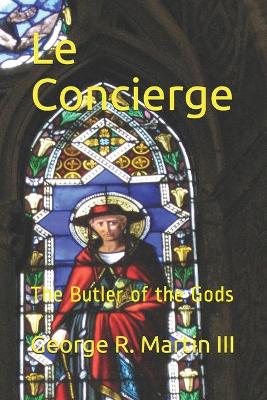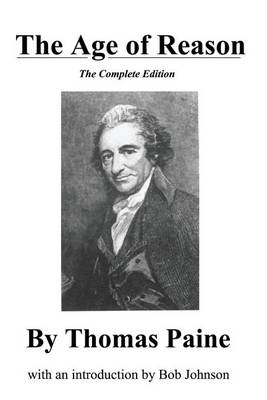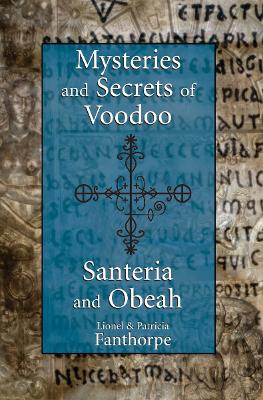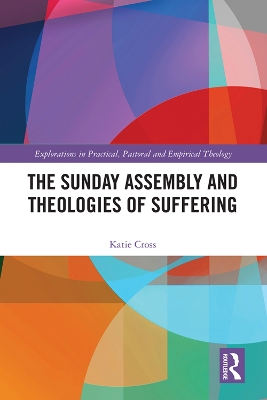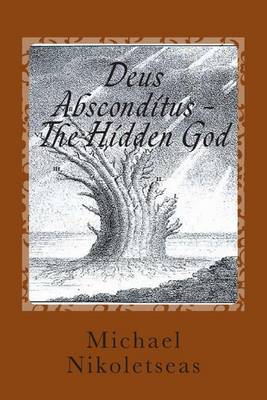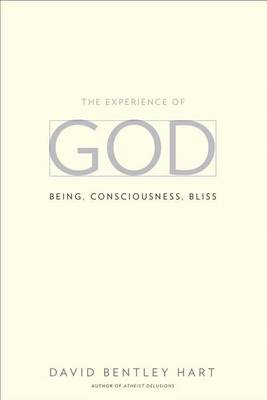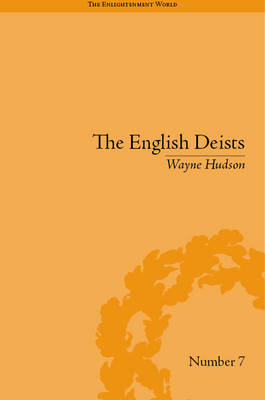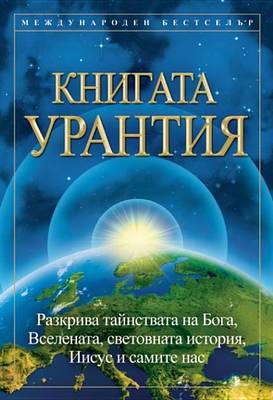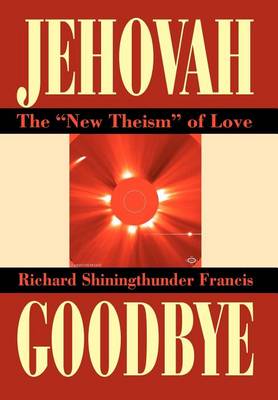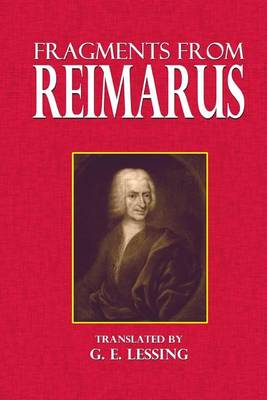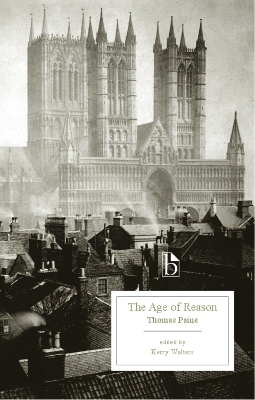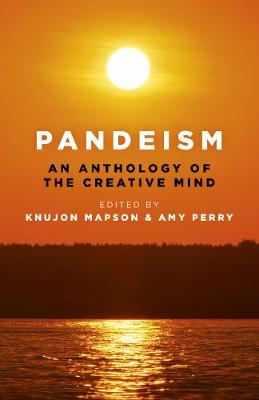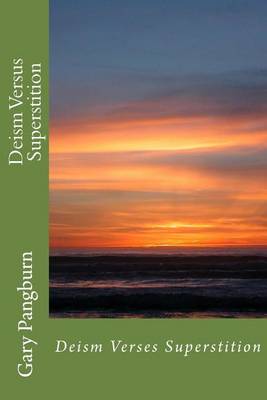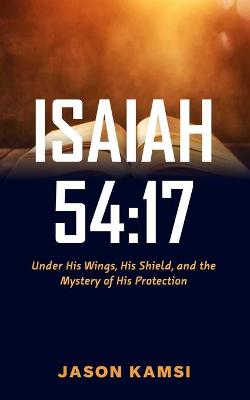Written by one of the leading scholars of Japanese religion, Rage and Ravage is the third installment of a milestone project in our understanding of the mythico-ritual system of esoteric Buddhism—specifically the nature and roles of deities in the religious world of medieval Japan and beyond. Bernard Faure introduces readers to medieval Japanese religiosity and shows the centrality of the gods in religious discourse and ritual; in doing so he moves away from the usual textual, historical, and so...
‘Because "God" is infinite, nobody can have the last word’What is this thing, religion, supposedly the cause of bloodshed and warring for centuries? What is ‘God’ and do we need ‘Him’ in our modern world? Karen Armstrong looks again at these questions in a refreshing and startling way. God is not to be ‘believed in’ as a child believes in Santa Claus; religion is not a story to be proven true or false, but a discipline akin to music or art that answers a deeply human need, and can teach us to di...
Mysteries and Secrets of Voodoo, Santeria, and Obeah (Mysteries and Secrets, #14)
by Lionel Fanthorpe and Patricia Fanthorpe
The secrets of Santeria, Voodoo and Obeah are among the oldest enigmas in the world. Their roots go back to pre-historic Africa - perhaps even beyond that. From the 16th century onwards, the slave trade brought these ancient mysteries to the West, where they blended strangely with traditional Christianity: the ancient African gods became identified with legendary saints. This integration of the two faiths slowly evolved to form the many varieties of Santeria, Obeah and Voudoun that are widely pr...
This book draws on a study of the Sunday Assembly- a "godless congregation"- to reflect on how the Church might better deal with suffering, lament and theodicy. Against a backdrop of a shifting attitudes towards religion, humans are now better connected than ever before. It is no exaggeration to suggest that we carry the suffering of the world in our pockets. In the midst of these intersecting issues, the Sunday Assembly provides insight into how meaning-making in times of trauma and crisis is c...
Experience of God, The: Being, Consciousness, Bliss
by David Bentley Hart
Hudson reinterprets the works of an important group of writers known as 'the English deists' including: Charles Blount (1654-1693), John Toland (1670-1722), Anthony Collins (1679-1729), Matthew Tindal (1656-1733), Thomas Woolston (1669-1733), Thomas Morgan (nd-1743), Thomas Chubb (1679-1747) and Peter Annet (1693-1769), as well as the 'father of English deism', Herbert of Cherbury (1583-1648). Historians tend to assume that these figures accepted deism as a totalising outlook. Hudson, however, a...
The Age of Reason is one of the most influential defences of Deism (the idea that God can be known without organized religion) ever written. This edition presents Part 1, Paine’s controversial philosophical argument against revealed religion, with representative excerpts of his biblical analysis from Parts 2 and 3. Appendices include numerous selections from Paine’s other religious writing, his Deist influences, and his contemporary opposition.
Pandeism: An Anthology of the Creative Mind
by Knujon Mapson and Amy Perry
Following on from Pandeism: An Anthology this new volume brings you three returning authors and a dozen new ones, including renowned physicist and theologian Varadaraja V. Raman, communications professor and poet John Ross, Jr., mixed martial artist turned musician Jimmy "Ninja" Chaikong, Judaism blogger Roger Price, and mythohistorian Julian West. The theme of this volume is the creativity of the human mind - in art, in poetry, in recasting historical events in mythological terms, in film and t...
History of English Thought in the Eighteenth Century (Philosophical works of Leslie Stephen)
by Sir Leslie Stephen
The author argues, in this book, that it was in the 18th century, that theology lost its lofty status as "Queen of the Sciences". Neither metaphysics nor history could provide a credible foundation for the central dogmas of the Christian creed. In these two volumes the author traces some of the causes and consequences of this intellectual crisis. Volume One begins with an extended discussion of the deist controversy - the deists, he shows, successfully undermined the key Christian thesis of a un...
